
Berlin Conference, 1884 - Colonial Powers discuss partition of Africa. Wiki
When, in 1971, the government of the Belgian Congo changed its name to ‘Zaire’, the government also put in place the official policy of Autenticité – which promoted abandoning Belgian cuisine for local dishes. Adoption of African apparel was also promoted. Of course, this policy was directed at urban and elite who, over the last 100+ years, had gradually taken on Belgian ways of living. Urban poor and rural populations continued as they always had – eating and dressing ‘native’ style.

A book about Tintin in the Congo* was outlawed by the government of the Congo after independence. It is one of the most egregious examples of colonial attitudes towards locals. Source: http://nyhederne-dyn.tv2.dk/article.php/id-35192712%3atintins-rejse-til-congo-i-retten.html?rss
* There has been considerable debate about this edition of Tintin adventures, which are discussed here.
In Egypt, a similar return to local food and customs took place during Nasser’s rule in the 1950s and 60s, which seems to have been primarily due to the Government’s anti-western policy accompanied by removing imports – and also removing European resident populations: Thousands of Greeks, Italians, Jews, and others – many families of which had lived in Egypt for generations – were forced to leave. And with them, went European cuisine and cooks.

Although the French were in Egypt for only a short period, their influence on Egyptian Culture was considerable. This picture shows a French officer in north Africa, with local troops. Source: http://warandgame.wordpress.com/2007/11/28/
One day when I was rooting about in a used book shop in Cairo, I came across a lovely little primary school Arabic grammar book that was written during the Nasser regime. The first page showed a little Egyptian boy, wearing a gallabiyah [native robe] with hand over his heart, proclaiming: “Ana al-Arab!” [I am an Arab!] It was an excellent example of the many ways that the government of the time sought to ‘re-egyptianize’ the country – beginning in the schools.

Some of the Cairo Conference delegates who discussed partitioning of the Middle East following World War I. Churchill, TE Lawrence, and several others participated in the conference. Source: http://www.imageenvision.com/stock_photos/search/pyramids_of_giza
I bought the book, and used it later in teaching university classes on the Middle East in the States. It had been the case that urban elites prior to Nasser often learned nor or little Arabic, French being the language of conversation – even at home – just as foreign (preferably French) cuisine had been promoted.
==========
William T. Close, who worked as a medical doctor in the Belgian Congo/Zaire, describes the re-emergence of a taste for bushmeat among the Zairean elite as part of the government’s Autenticité campaign, which called on Zaireans to abandon European customs in favor of African traditions.
The following quotation is from A Doctor’s Life: Unique Stories – by William T. Close*, a doctor who spent 14 years in the congo.
Food in Kinshasa, and certainly at the presidency, had been good, if heavy, Belgian cuisine. But in 1971, after the Congo was renamed Zaire and the statues of King Leopold II and Stanley had been removed from their places of honor to a dump outside the city; European food had been replaced, especially at the presidency, by authentic African dishes.
Autenticité had become the order of the day. Goat, porcupine, huge river catfish, and monkey meat, called by the Zairians – but only by the Zairians – ‘cousin’, had replaced filet mignon…
* William T. Close ” played a major role in stemming a 1976 outbreak of the Ebola virus in Zaire, the first major outbreak of the viral hemorrhagic fever in Central Africa, and preventing its further spread. He was also the father of actress Glenn Close“.
Related articles
- Belgian court refuses to ban ‘Tintin in the Congo’ (expatica.com)
- Great snakes! Tintin isn’t racist, Belgian court rules (guardian.co.uk)
- Tintin Isn’t Racist, Belgian Court Rules (kayceeweezy.wordpress.com)
- Comics A.M. | Belgian court won’t ban Tintin in the Congo (robot6.comicbookresources.com)
- King Leopold II: Our Freedom of Choice (celticsouldotorg.wordpress.com)
- Recommended Reads: Heart of Darkness (thereaderonline.co.uk)




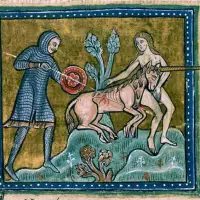

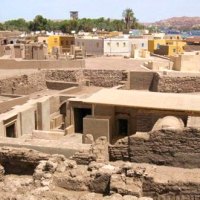

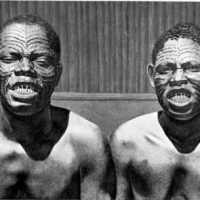

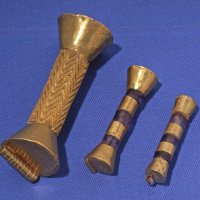
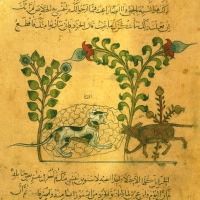















http://www.aljazeera.com/programmes/witness/2011/12/201112189287969847.html
I don’t check my mail often.
LikeLike